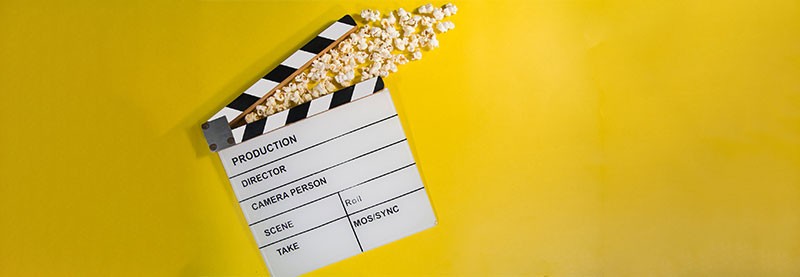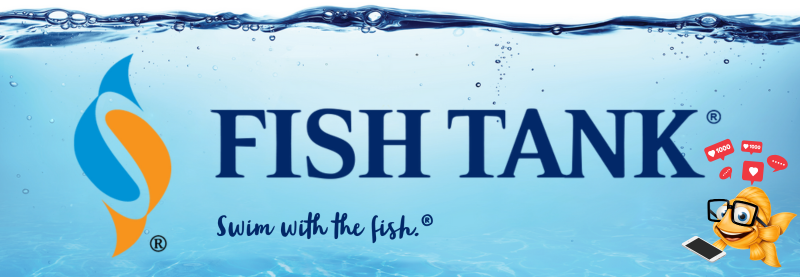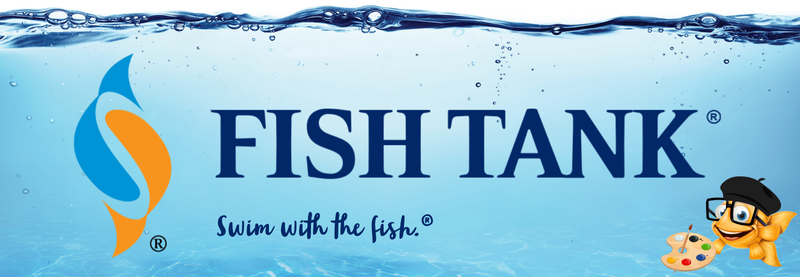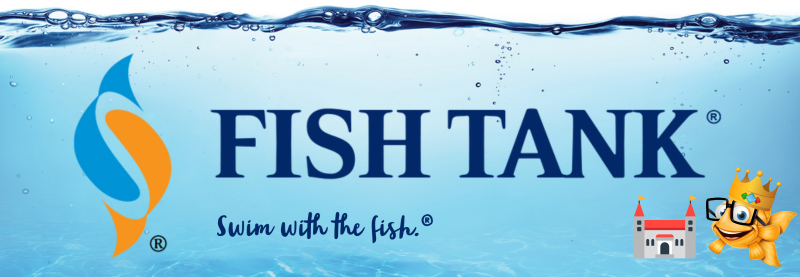Intellectual Property Insights from Fishman Stewart PLLC
Newsletter – Volume 23, Issue 23
Share on Social
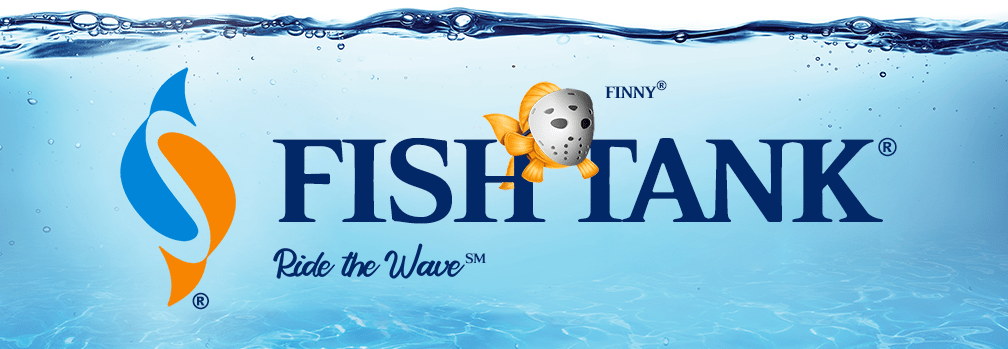
Remaking Friday the 13th
By Kristyn Webb
Happy Friday the 13th! You may recall our last article on this theme was authored by Norm Freda. Here is a brief recap before we update you on the latest in the legal battle over the copyrights to the classic horror film Friday the 13th.
Back in 1979, Victor Miller was hired to write a screenplay that would later become the Friday the 13th movie released in 1980. He was paid around $9,200 and the film went on to make $40 million at the box office and spawned nearly a dozen sequels, several video games, a television series, along with music and merchandise. Fast forward to 2016, Miller sought to reclaim his ownership in the copyright of the screenplay. Under United States copyright law, an author of a work may terminate an assignment or license of a copyright decades after the assignment or license was made. This allows an author to “claw back” their copyrights—which happens more often when a work becomes commercially valuable. For example, Disney’s Marvel franchise has been fighting legal battles with the estates of the artists who created characters such as Spider Man, Doctor Strange, Thor, Black Widow, and Iron Man. However, when an employee creates a work within the scope of their employment, the work is “made for hire” and the employer is considered the author of a work.
After years of litigation and appeals, Miller won back his copyrights. He was not an employee, so, Miller retained his status as the screenplay’s author. Though he had assigned his rights to his employer in 1979, as the author, he was entitled many decades later to terminate that assignment and reclaim his copyrights in the screenplay.
Now, the producer of the 1980 film, Sean Cunningham, has announced plans to move forward with another story in the Friday the 13th universe. Many of the elements recurring in the sequels and derivatives that followed the 1980 film incorporated protected elements of Miller’s screenplay. Procuring rights from Miller to make further sequels or spin-offs may be expensive, or even impossible. So, Cunningham has announced plans to shift course and make a prequel. This strategy may help him navigate around the copyrighted elements owned by Miller, without sacrificing too much of the established storyline or creating narrative plot holes that might riddle a sequel or equal story.
The prequel, called “Crystal Lake” is set to be a television series to be released in 2024. For fans of the franchise, this is long overdue, since the last film was released in 2009. For copyright fans, this is another plot twist in the ongoing saga of Friday the 13th.
Kristyn Webb is the Group Leader of Fishman Stewart’s Copyright Practice Group, and is currently earning a Master’s Degree in Copyright Law at King’s College London.

Related Content from Fishman Stewart
In our previous FishTank article “The Great Beige-Off: Influencer Sues for ‘Vibe’ Infringement,” we reported on Sydney Nicole Gifford’s lawsuit against fellow influencer Alyssa Sheil over allegations of copyright infringement involving neutral-toned social media content.
People have long pondered whether or not the Giza pyramids were indeed solely burial chambers, which was the only known, and archaeologically determined, use—until now.
As the story goes, Klein was so taken with the indescribable blue of the sky over the Mediterranean in Nice, France, that he dedicated his artistic talent developing a blue that would imbue the canvas with this color in its purest form.
Despite her pseudo-legal background in Suits, Meghan has been running into one issue after another in her efforts to register the trademark and logo for her new lifestyle company, for now, called “AS EVER”.
By 1930, efforts began in New York to replace Mother's Day with Parent's Day because men were more than just breadwinners. Those efforts didn't catch on, probably because in that era, women often spent more time in the home.
In February, Nike and Skims announced that they will be working together on a new brand, NikeSkims. The co-brand will create a new line of training apparel, footwear, and accessories specifically designed to meet the unique needs of women athletes.
Generally, federal courts have exclusive jurisdiction over copyright cases, and often, this presents an insurmountable paywall for individual artists and small businesses to vindicate their rights, especially where the value of the individual copyrighted works are relatively low.
Dedicated to raising public awareness about the importance of encouraging innovation and creativity throughout the world, the World Intellectual Property Organization (WIPO) annually observes World Intellectual Property Day on April 26 to showcase the role that patents, trademarks, industrial designs, copyrights and trade secrets play in our everyday lives.
Hold onto your foam fingers, sports fans – college sports just got a whole lot more interesting! The latest updates to Name, Image, and Likeness (NIL) rules are making student-athletes bigger than ever, and it’s not just about the game anymore.
Did a federal court in Louisiana recently decide that US copyrights are global rights? It seems so.
IDENTIFYING, SECURING AND ADVANCING CREATIVITY®


